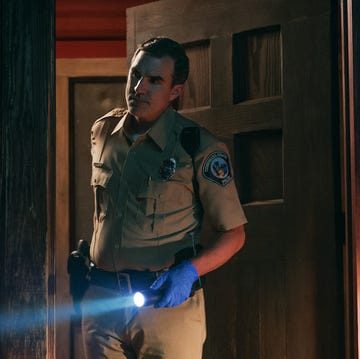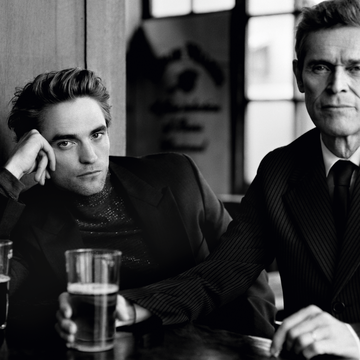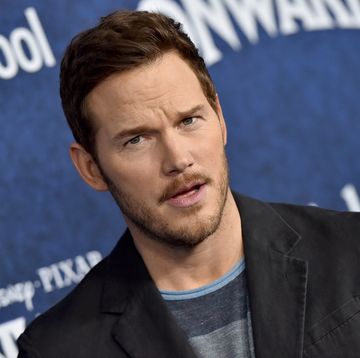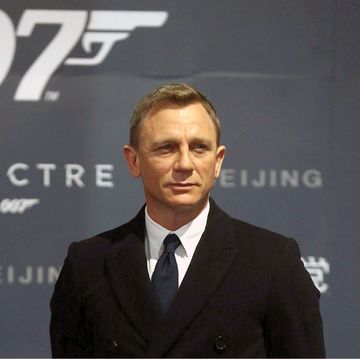At approximately 17:19 GMT, Sunday 5 June 2016, Andy Murray wobbles a feeble backhand low into the net at the French Open final. Opposite Novak Djokovic sinks to his knees then onto his back, closing his eyes against a grey Paris sky that has offered little but rain for the past two weeks.
At 29, the Serbian has just won his first French Open after three final appearances - his twelfth grand slam trophy. He's won four in a row and is the first man since 1969 to hold all at once. But still, he isn't loved. Not like Roger Federer. Not like Rafael Nadal.
The Paris crowd - a famously fickle and yet at other times partisan group - rise to their feet, but their cheers seem hollow. Granted, they wanted Djokovic more than Murray - more than a Brit - but still, they're lacking the fervent joy once offered to Nadal, an adopted son and eight-time champion, or Federer, the eternal prince.
In the aftermath of that historic victory, Djokovic stood up and drew a heart in the clay with his racquet before lying back down in the centre of its etched outline. It was a message of love to the Roland Garros crowd, a crowd he had spent the previous fortnight courting and flattering in every press conference and interview. "My heart will always be with you on this court," he told them afterwards. You struggle to imagine Roge or Rafa seeking approval in this way. They never had to.
All of which brings us to the great Novak Djokovic paradox. How can a man who is so ferociously laying claim to the title of the greatest tennis player in history find himself so admired and respected, yet so little adored?
The reason, at least in part, comes down to his lack of a clear identity as a player. The other great champions of the current golden era have physically embodied their style of play: Federer brimming with balletic grace and lithe strides, an elder statesman in an off-white cardigan. Nadal: iron-willed, swashbuckling and relentless. Murray: the ginger, downtrodden underdog, prone to both magic and meltdown in equal measure.
In comparison, Djokovic's game is to mimic. Anything you can do I can better. The problem is that he does it so well that it can be difficult to clearly see the beauty in his mastery of mental and physical attrition. As a viewer and a fan it can feel awkward trying to engage with his very special brand of detached and relentlessly clinical dominance.
Although prone to the occasional outburst of bottled vexation, he's no villain. His media persona is amiable and articulate and he speaks frankly in press conferences. He even made his name on tour by performing comedy send-ups of other pros (he does a great Sharapova), and yet you get the sense that he, more than the others, craves the validation and adulation of the public almost as much he does victory itself.
Federer has never been a particularly interesting man, but the crowds fell for his old-fashioned fluidity. Nadal is essentially a mute, but the crowds love him for his bludgeoning strokes and primal drive. Djokovic, for his part, is a freakishly talented athlete, part Lego-haired metronome part octopus, a relentless and elastic competitor. But tennis fans have been spoilt in recent years by the most impressive and hard fought era in the sport's history; a privilege that appears to have diluted the effects of his remarkable form and fortitude.
With Wimbledon and the Olympics (Zika permitting) just around the corner, it seems like Djokovic's best course of action for earning the enduring love of the casual and the aficionado is to just keep on winning. Because for all the wonky hearts etched in clay and wonkier Sharapova impressions, nothing says 'love me' quite like winning, and winning and winning. And if they never really love him: fuck it. He'll probably console himself as the greatest tennis player of all time. Which isn't a bad way to go.







